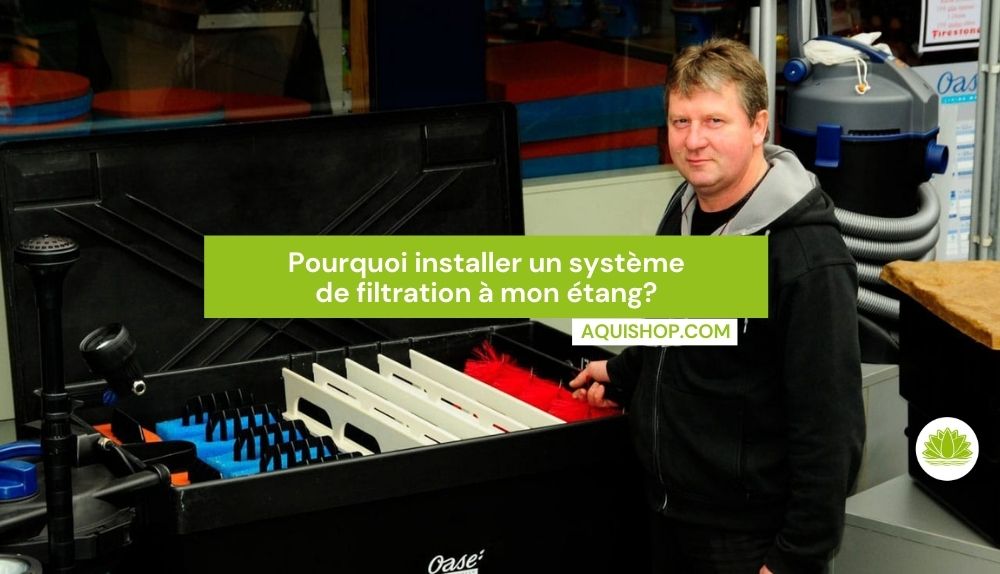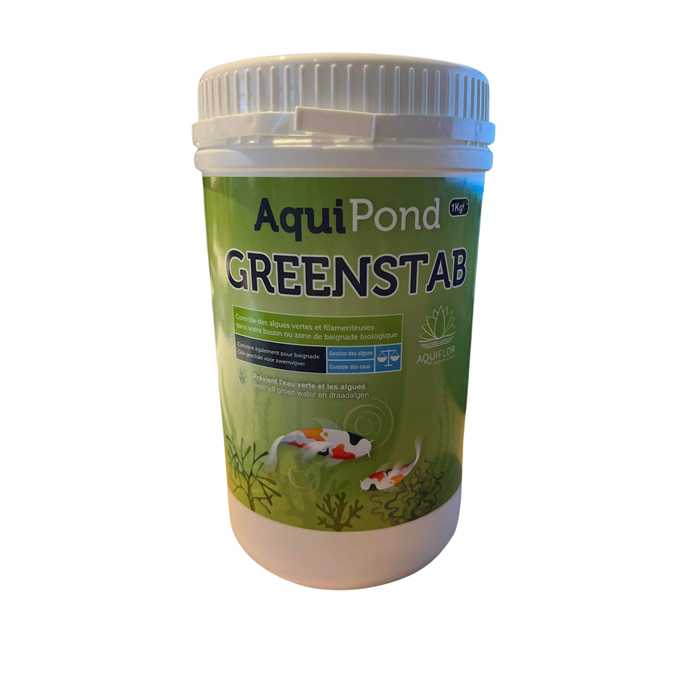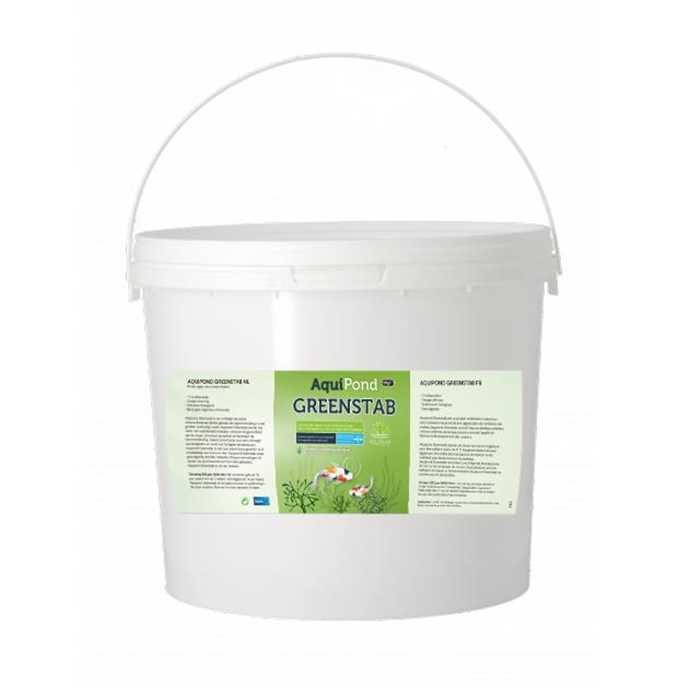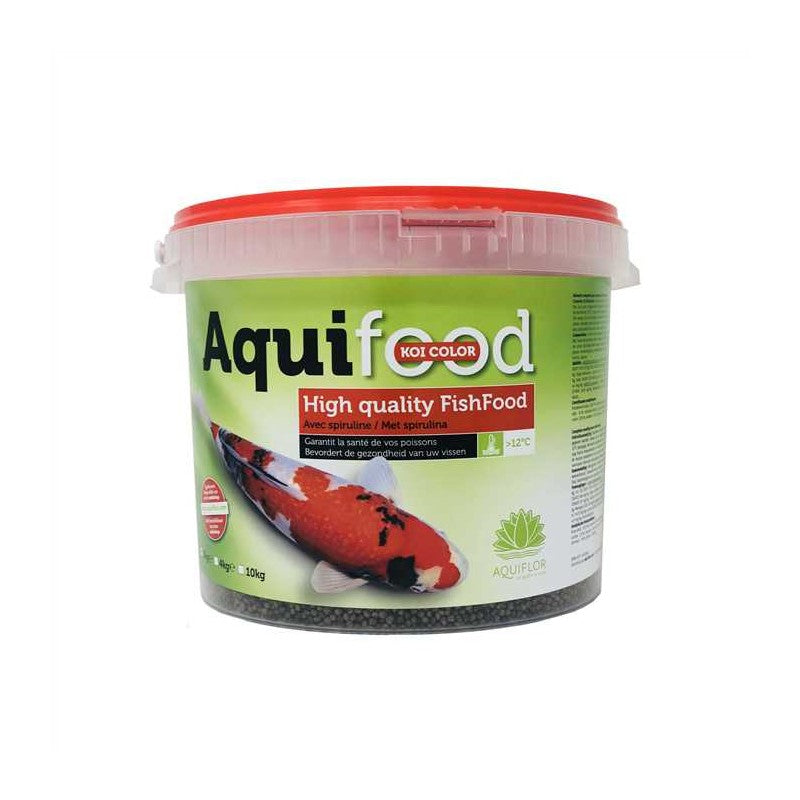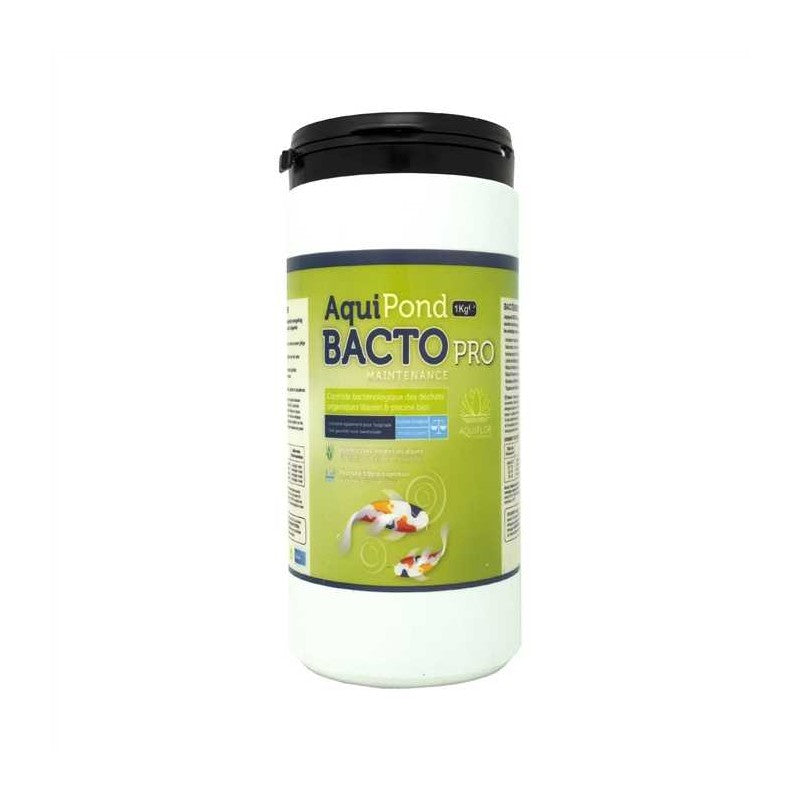Why Choose a Filtration System for Your Pond?
When you own a pond, you may wonder why it is necessary to install a filtration system. Should the size of the filter match the volume of your pond? You might be surprised to learn that, according to the Japanese, a filter should be at least double the volume of the pond! So, are you convinced? In the end, it seems that there is never a filter big enough.
A pond without water renewal, sheltering fish, often ends up seeing its water turn green under the combined effect of sunlight and heat. How to avoid this green water? The fish that reside in the pond foul it with their excrement, leading to a significant accumulation of organic matter potentially toxic to fish, such as ammonia and nitrites. Biomechanical filtration combined with an ultraviolet (UV) radiation system helps maintain clear and healthy water.
Fundamental Principles of a Biomechanical Filter
A biomechanical filter is made up of filter media that traps organic matter, such as fish waste, leaves, plant debris, pollen and dust. This organic matter is then broken down by beneficial bacteria, which are present in large numbers in the filter. These bacteria, including nitrosomas and nitrobacter, convert the organic matter into nitrates, which are much less toxic to fish. It is therefore essential to choose a filter that is suitable for the size of your pond, as a suitable filter will require less maintenance while still operating optimally.
Filter Inoculation
To maintain sufficient bacteria numbers in the pond and filter, it is recommended to seed the filter and pond regularly throughout the season. Similarly, when initially commissioning the filtration or after winter, the incorporation of a significant dose of bacteria (inoculation dose) is essential for the balance of the pond.
Filter Maintenance
A pond filter should be cleaned at regular intervals to remove the organic matter that builds up in it. However, since the filter is home to a large colony of good bacteria, it is crucial not to over-clean it, as this could result in the loss of many essential bacteria.
Lagooning: A Special Case
Lagooning is a filter variant consisting of a large quantity of lava rock, in which various aquatic plants are planted (filtering marsh). Unlike a conventional filter, a lagooning cannot be cleaned easily. The decomposed organic matter tends to accumulate over the seasons, until saturation. The only solution is to completely empty the lagooning and renew it. Based on our experience, we do not recommend using lagooning as the sole filtration system for a fish pond.
Need Assistance? Contact Us

